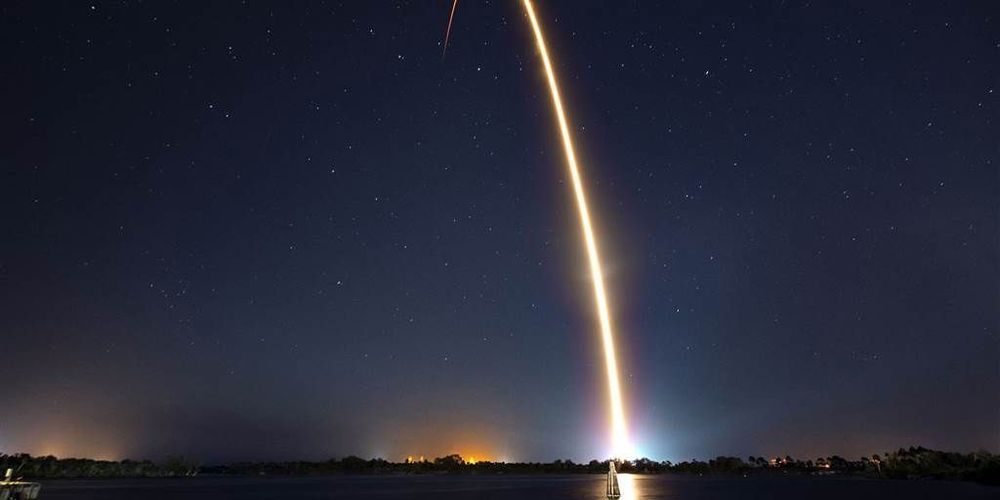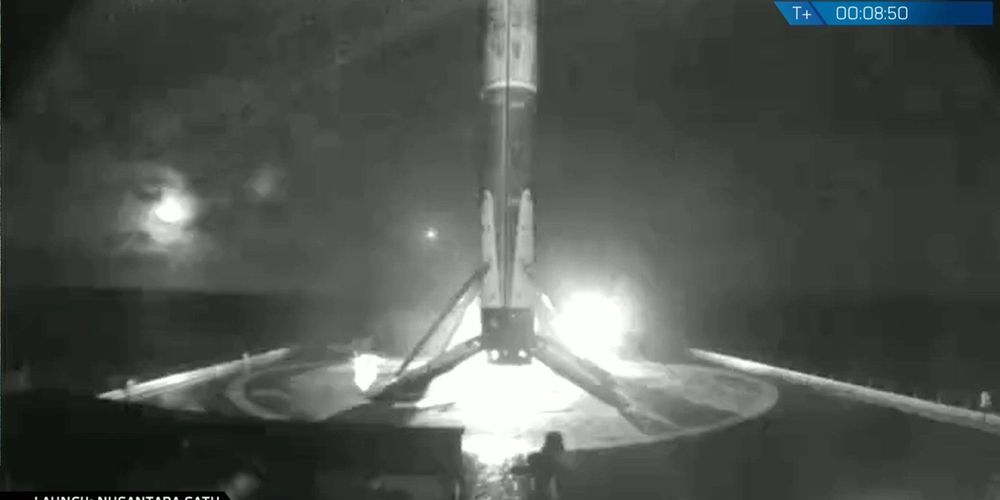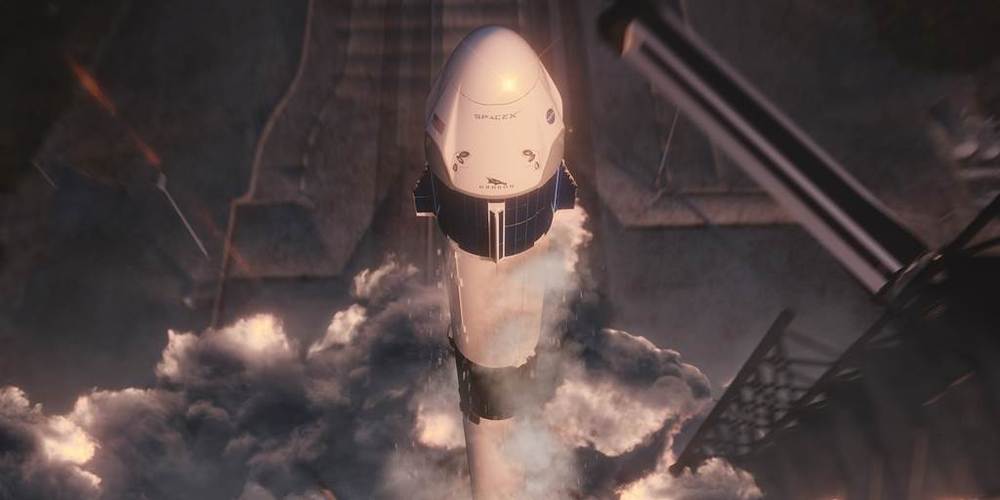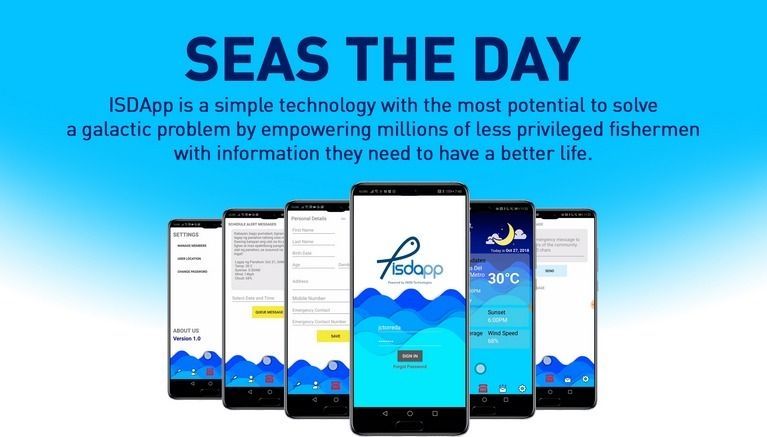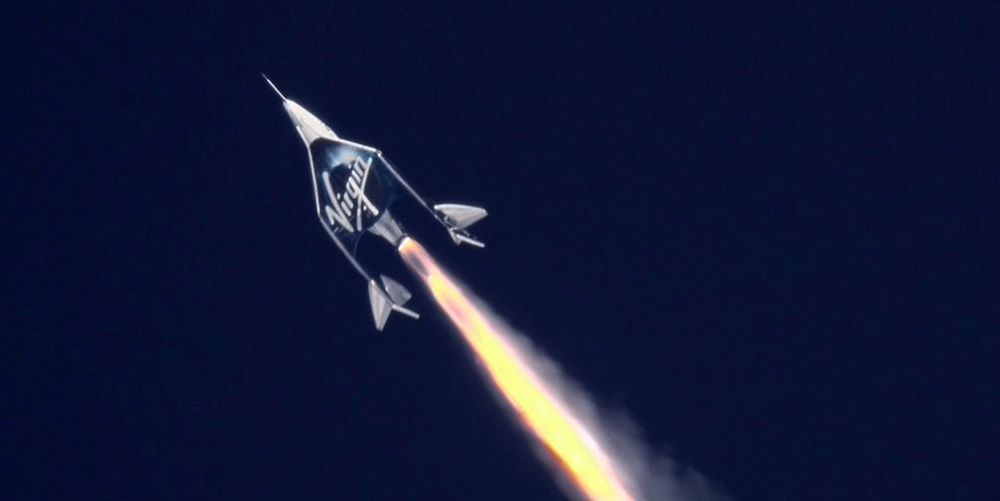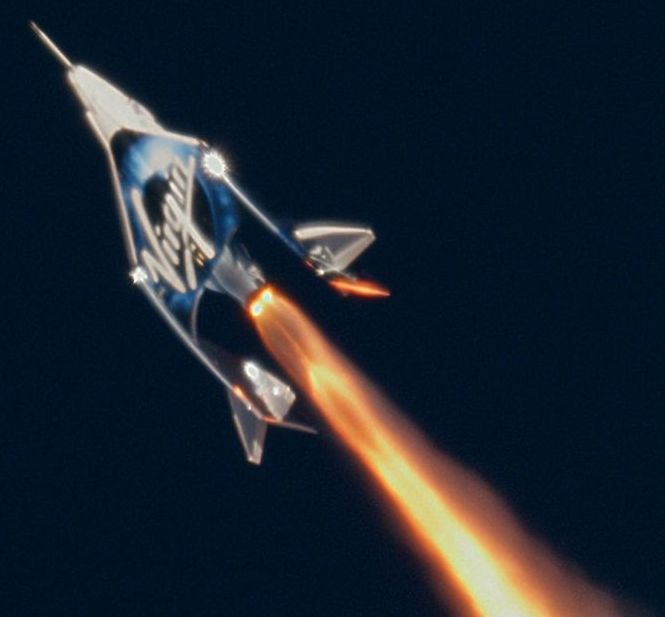A portion of NASA’s $21.5 billion 2019 budget is for developing advanced space power and propulsion technology. NASA will spend $176 to $217 million on maturing new technology. There are projects that NASA has already been working on and others that NASA will start and try to complete. There will be propulsion, robotics, materials and other capabilities. Space technology received $926.9 million in NASA’s 2019 budget.
NASA’s space technology projects look interesting but ten times more resources devoted to advancing technological capability if the NASA budget and priorities were changed.
NASA is only spending 1 of its budget on advanced space power and propulsion technology. NASA will spend $3.5 billion in 2019 on the Space Launch System and Orion capsule. SLS will be a heavy rocket which will start off at around the SpaceX Heavy capacity and then get about the SpaceX Super Heavy Starship in payload capacity. However, the SLS will cost about $1 billion to launch each time which is about ten times more than SpaceX costs. NASA is looking at a 2021–2022 first launch and then a 2024 second launch. This would be $19+ billion from 2019–2024 to get two heavy launches and this is if there are no delays.
